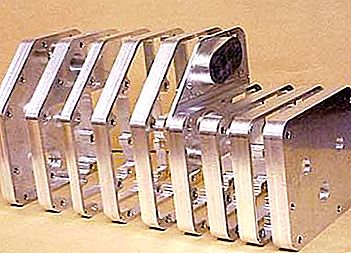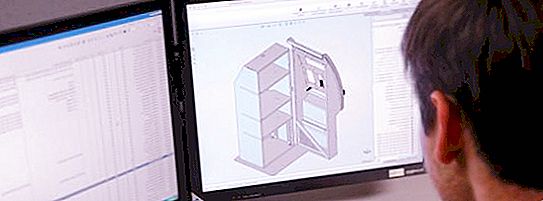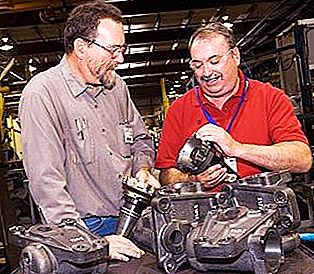Video: 21 Types of Engineers | Engineering Majors Explained (Engineering Branches) 2024, July
Any mechanisms that we use in everyday life consist of simple or complex parts and connections. All of them are products of mechanical engineering - the field of national economy, which is engaged in the production of a variety of mechanisms and machines. Engineering technology is a specialty that allows you to master the knowledge and skills that allow you to work in the engineering industry.

The beginning of the development of this direction of the national economy in our country is usually associated with the name of Andrei Nartov, who in the 18th century invented the first Russian lathe. At that time, there were only a few engineers, mostly enthusiasts and pioneers in their field. But the main stimulus for the development of mechanical engineering technology was largely due to the wars of the 19th and 20th centuries, when often the victory depended on the technical equipment of the troops. For Russia, the heyday of mechanical engineering came during the Second World War, when almost all of the country's enterprises began to produce weapons, ammunition and equipment. And it was precisely at this time that the specialty "engineering technology" was extremely in demand, since the factories experienced an acute shortage of qualified and competent engineers.
Unfortunately, at present, engineering is also developing thanks to competition between countries for the best weapons and defense systems.

Engineering technology is a specialty that remains in demand: at least 4 people apply for one budget place every year. It is worth noting that engineers are taught only by state universities and technical schools, for commercial organizations this specialty is too expensive. Engineering technology requires the availability of special equipment in educational institutions (machine tools of various types), laboratories, computers with special programs for the development of drawings, technological processes, the creation of 3D models, etc. That is why non-governmental educational institutions cannot compete with state universities that have a good material base, a staff of highly qualified teachers (many of whom are candidates and doctors of science) and long-term teaching traditions.

Today, in a modern production facility, the functions of a process engineer have changed significantly. At the plants, automatic lines, CNC machines, equipment directly controlled from a computer, and computer-aided design systems were introduced everywhere. All this led to the fact that engineers must have a high level of knowledge of computer technology. At this level of automation, the process engineer can control the entire production process: from developing a product drawing to testing an already completed assembly unit. Engineering technology is a rapidly developing and changing specialty that constantly adapts to new technologies that appear in production. Therefore, students who choose this profession need to know that they will have to study not only before receiving a diploma - engineers must improve their skills all their lives.






